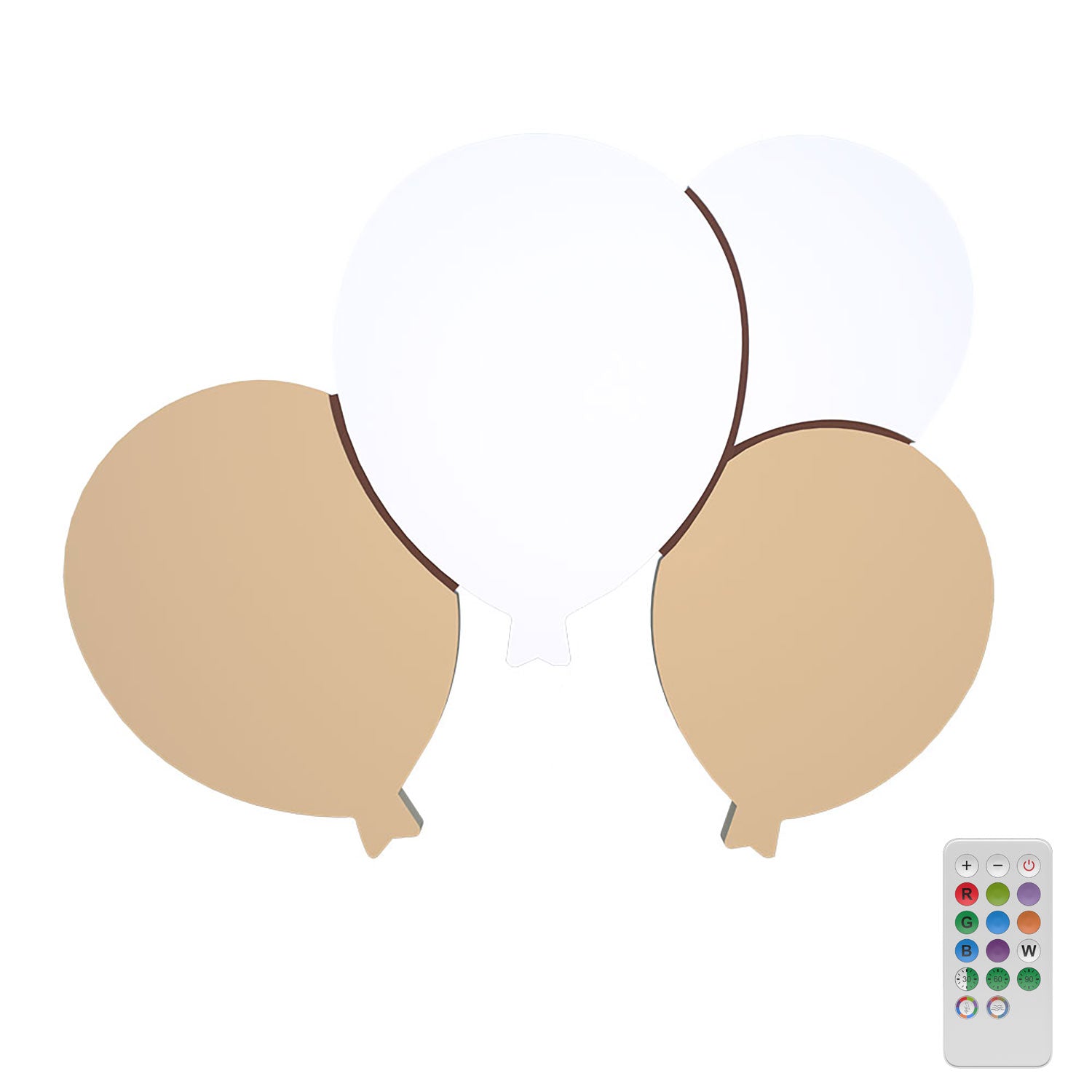Are you expecting a new member in your family? There is no better news! To have the opportunity to devote yourself fully to your newborn, don't forget to request parental leave in advance. You can then stop working legally.
As an employee, parental leave allows you to stop your professional activity for a specific period of time in order to take care of your baby who has just been born or who you have just adopted. As part of this leave, you can also shorten your working hours and only go to the office part-time.
If you want to spend more time at home when a new member arrives in your household, you will need to submit a leave request within your company. In this article, we invite you to answer 5 questions that many parents often ask about this device. Who can aspire to this leave? How long is it ? Is it paid? A quick overview.

Question #1: Who is parental leave for?
As its name suggests, parental leave offers the father or mother the opportunity to put their professional life on hold when a baby arrives, whether it is a birth or a adoption. If you wish to benefit from this leave, you must meet certain conditions. In particular, you must have at least one year of seniority in the company on the day of the child's birth, or if it is an adoption, on the day the child arrives at your home.
If you meet this condition, your employer must agree to grant you leave. And this, no matter the size of the company where you work. Depending on your preferences, you can request to work part-time or obtain full leave. Your employer must comply with your choice. It must indeed respect the conditions that you have selected. Still, you must work at least 16 hours per week.
In any case, at the end of your parental leave, you will have to return to your old job or occupy another identical position, with more or less similar remuneration. In short, whether you are the future father or mother, you have every right to claim parental leave.
This will allow you to both prepare for the birth of the newborn and take care of him once he arrives. You will then have more time to go shopping, buy clothes for your little one, to complete your birth list, choose the furniture for the baby's room, contribute to his awakening, instill in him various notions...
At the same time as you return to work, you may be entitled to professional training, especially if certain practices and working methods have been subject to certain modifications in your company while you have gone on parental leave. If you return to your original position, your employer will need to schedule a professional interview with you. You have the right to request this interview to be carried out before the end of your parental leave.

Question No. 2: What are the terms of part-time leave and total leave?
As previously stated, when you request parental leave, you are offered two choices, namely part-time work, which consists of reducing the duration of your professional activity to at least 16 hours for a week, and total leave, during which your employment contract is suspended.
As an employee, it is up to you to choose the system best suited to your requirements. The employer has no right to object. If you need to repeat your leave, you can modify your leave formula, part-time or total leave. If you decide to work part-time, you are free to choose your working time. On the other hand, you will have to distribute your working hours by consulting your employer.
It should also be noted that during the period of part-time work, or if you renew your leave or extend it, you will not be authorized to change your hours. You must indeed stick to the hours initially established. For example, you will be unable to switch from part-time work to ¾ time work. However, this may still be granted to you if the employer authorizes it, or if an applicable agreement within the company allows it.

Question No. 3: When and how should you apply for parental leave?
If you wish to apply for parental leave, you will only need to make a request to your employer. You will proceed by sending him your request by a letter that you will hand deliver against a discharge or by a registered letter with acknowledgment of receipt. The steps are almost as simple as ordering a wall night light composition on our site !
In your letter, you must clearly indicate that you aspire to full parental leave or part-time leave. In addition to this, you will have to specify the number of hours you plan to work each week. At the same time, you will mention the duration of the leave as well as the starting date of your leave.
You must also comply with a certain deadline for sending your request for parental leave. Two options are possible. On the one hand, you can do it one month before your adoption or maternity leave ends. Otherwise, you will do it two months before taking the leave, in the event that it does not begin immediately after your adoption or maternity leave.
If you are considering renewing your leave, here are some things to know. First, for each renewal, you must notify your employer one month before the current leave ends. You will once again have to send a registered letter with a request for acknowledgment of receipt. If by renewing your leave you decide to modify your total parental leave and opt for part-time work, or vice versa, you are also required to notify your employer of this change.
Question no. 4: Is the employee entitled to remuneration during parental leave?
According to the law, no remuneration is paid to the employee during their parental leave. That said, some companies sometimes apply more advantageous conventional measures. The ideal would be to inform yourself with your employer. If the company you work for has a time savings account or CET system, you can assert your rights to this account.
If you do not receive a salary during this period of professional inactivity, you can still obtain financial assistance from the CAF, and more specifically the shared child education benefit or PreParE. This financial allowance granted by the CAF is aimed at parents who interrupt or reduce their professional activity in order to take care of their child(ren) aged under 3 years.
So, if you request full parental leave or part-time leave, you can benefit from PreParE. But be aware that the duration of payment of this aid is more or less long, it depends on the situation of your household and the number of children you have in your care. You should also know that the payment time for PreParE does not necessarily coincide with that of your parental leave.

Question No. 5: How long is parental leave?
Before applying for parental leave, first take the time to determine its duration. Under the labor code, the initial duration of parental leave cannot exceed one year. In addition, you can request two renewals. Also, you must take the leave and renewal on a continuous basis. Each time you request a renewal, it may be shorter or longer than the previous time.
On the other hand, parental leave ends at most when the child reaches his or her third birthday. If you have adopted a child, your leave must not be more than three years, in the event that the child is under 3 years old when he arrives at your home. This duration is limited to a maximum of one year if the toddler is over 3 years old when he comes into your home.
Certain situations are exceptions. This is for example the case if you give birth to twins. You will then have the right to extend your leave until your babies enter nursery school. This will allow you to devote more time to your infants and the decor of their room.
In the case of multiple births where you give birth to at least three children, or if you adopt at least three children, you will be able to benefit from an extension until your children's sixth birthday. This measure is applicable to children adopted or born on or after 1is October 2014. Another thing, if your little darling falls ill, suffers from a serious disability or is the victim of an accident, you can aspire to an additional year of leave.
Other elements should be known regarding the duration of parental leave. Although you can extend the leave, you cannot shorten it unless you obtain the agreement of your employer. Still, according to the Labor Code, you can reduce it if the child dies. In this case, you have a few options:
- Continue your former professional activity again;
- Moving from parental leave to part-time work;
- Change the duration of work to part-time, following an agreement concluded with your employer.







